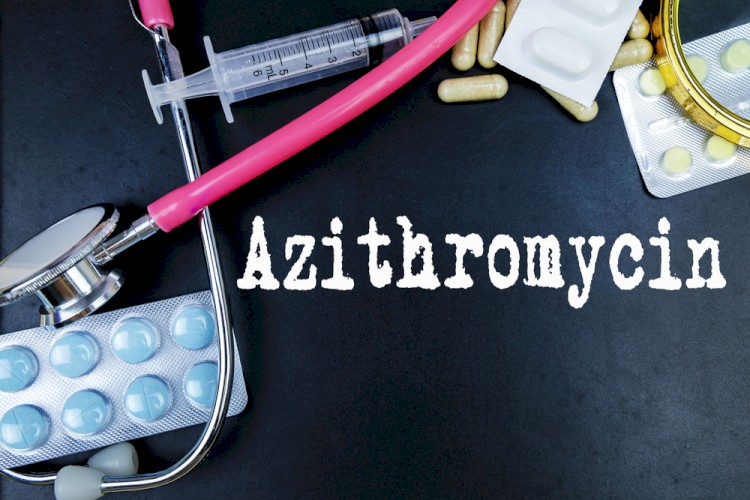Chris asked
I have been prescribed azithromycin for an upper respiratory tract infection. I am over 65 years of age and have a fear of taking antibiotics due to possible C.diff infection. Is this drug pretty low risk for c.diff. Infection?
At a glance
- Like all antibiotics, azithromycin can cause C.Diff. The incidence rate is low, however (<1%).
Answer

Azithromycin, a macrolide antibiotic, does have the risk of causing a Clostridium difficile (i.e. C. Diff) infection, like any systemic antibiotic therapy, does. The incidence rate is low but is certainly important to be aware of as confirmed infections need to be appropriately treated.
What Is C.Diff?
Systemic antibiotic therapy can cause a disruption of the normal bacterial flora, which may allow an overgrowth of clostridia.
Clostridium difficile produces a toxin that is thought to be the primary cause of 'antibiotic-associated colitis', also known as pseudomembranous colitis. The effects of C. difficile infection vary greatly by individual. Some can be asymptomatic while for others, it can be a potentially fatal infection.
Pseudomembranous colitis is responsible for a range of symptoms, including:
- Nausea
- Gastrointestinal pain
- Decreased appetite
- Fever
- Water Diarrhea
- Dehydration
In addition to antibiotic use, there are other risk factors for C.Diff infections, which includes:
- Chronic kidney disease (CKD)
- End-stage renal disease (ESRD)
- Gastrointestinal conditions (e.g., inflammatory bowel disease)
- Age (e.g., ≥65 years old)
- Immunosuppression (e.g., chemotherapy)
- Previous C.Diff infection
- Proton pump inhibitor use (e.g. Prilosec, Protonix)
Azithromycin Causing C.Diff

The risk of a C.Diff infection with azithromycin is thought to be relatively low (less than 1% incidence), but is important to be aware of. The prescribing information for azithromycin states the following regarding C.Diff infections and azithromycin:
References
- What You Need to Know about Clostridium difficile (C.diff) Infection. UWHealth (Subscription Required)
- Probiotics for the prevention of Clostridium difficile-associated diarrhea: a systematic review and meta-analysis. PubMed
- Meta-analysis of probiotics for the prevention of antibiotic associated diarrhea and the treatment of Clostridium difficile disease. PubMed
- Clinical Practice Guidelines for Clostridium difficile Infection in Adults and Children: 2017 Update by the Infectious Diseases Society of America (IDSA) and Society for Healthcare Epidemiology of America (SHEA). PubMed
- Tygacil Prescribing Information. AccessFDA
- FAQs for Clinicians about C. diff. CDC
- Vancomycin, metronidazole, or tolevamer for Clostridium difficile infection: results from two multinational, randomized, controlled trials. PubMed
- Clinical Practice Guidelines for Clostridium difficile Infection in Adults and Children: 2017 Update by the Infectious Diseases Society of America (IDSA) and Society for Healthcare Epidemiology of America (SHEA). PubMed
- Predicting the Risk of Clostridium difficile Infection upon Admission: A Score to Identify Patients for Antimicrobial Stewardship Efforts. NEJM
- Clostridium Difficile. NIH




